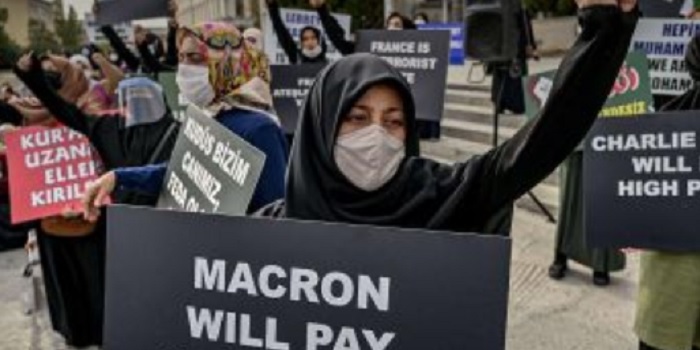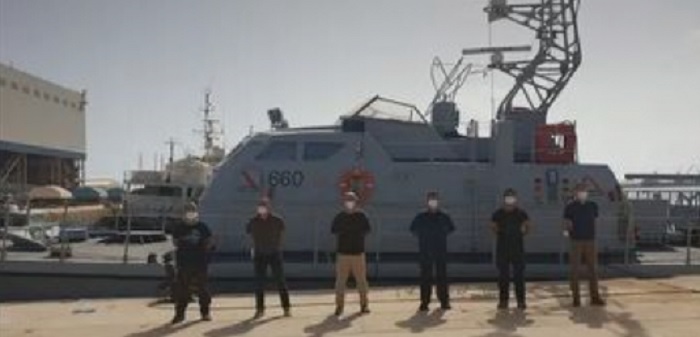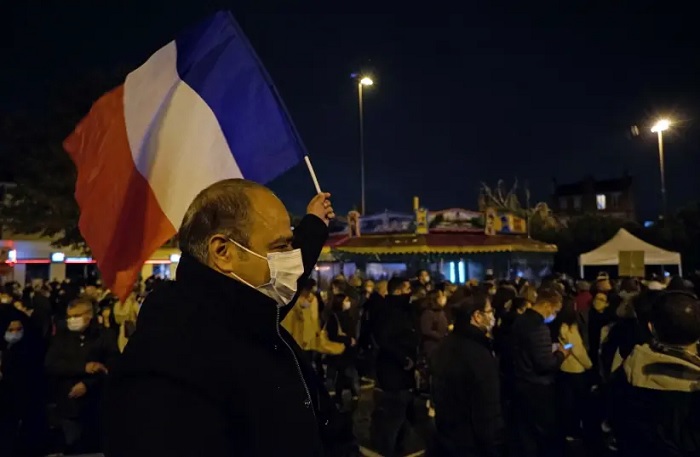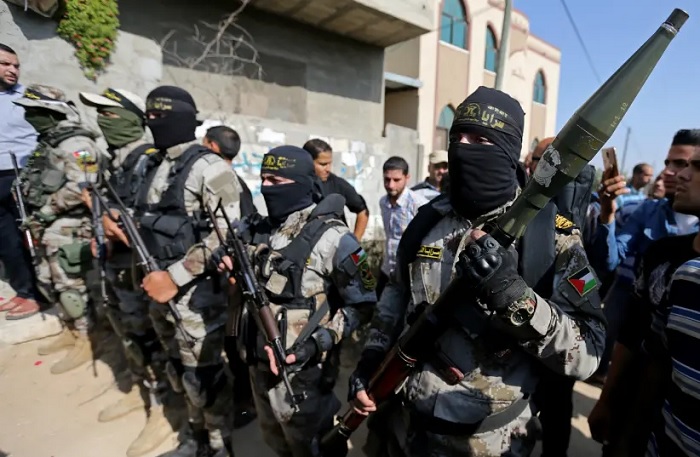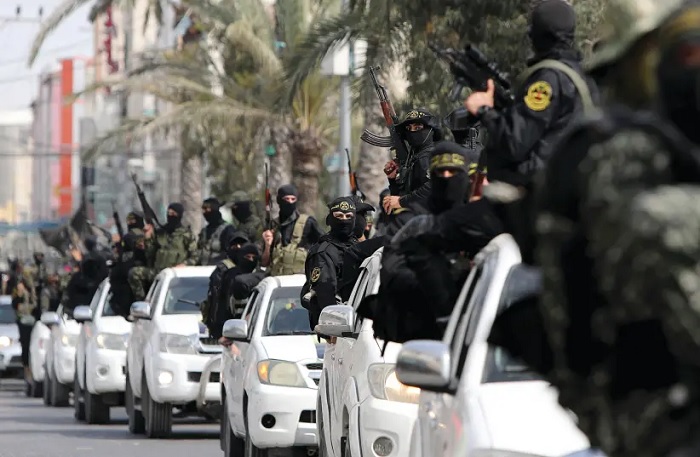Turkey extends East Med exploration, sparks tensions with France

France gives Turkey two months to change East Med policies, recalls ambassador over Erdogan’s remarks about Macron.
Turkey announced late Saturday that it is extending by one week a gas exploration mission in the eastern Mediterranean that has caused tensions with Greece.

